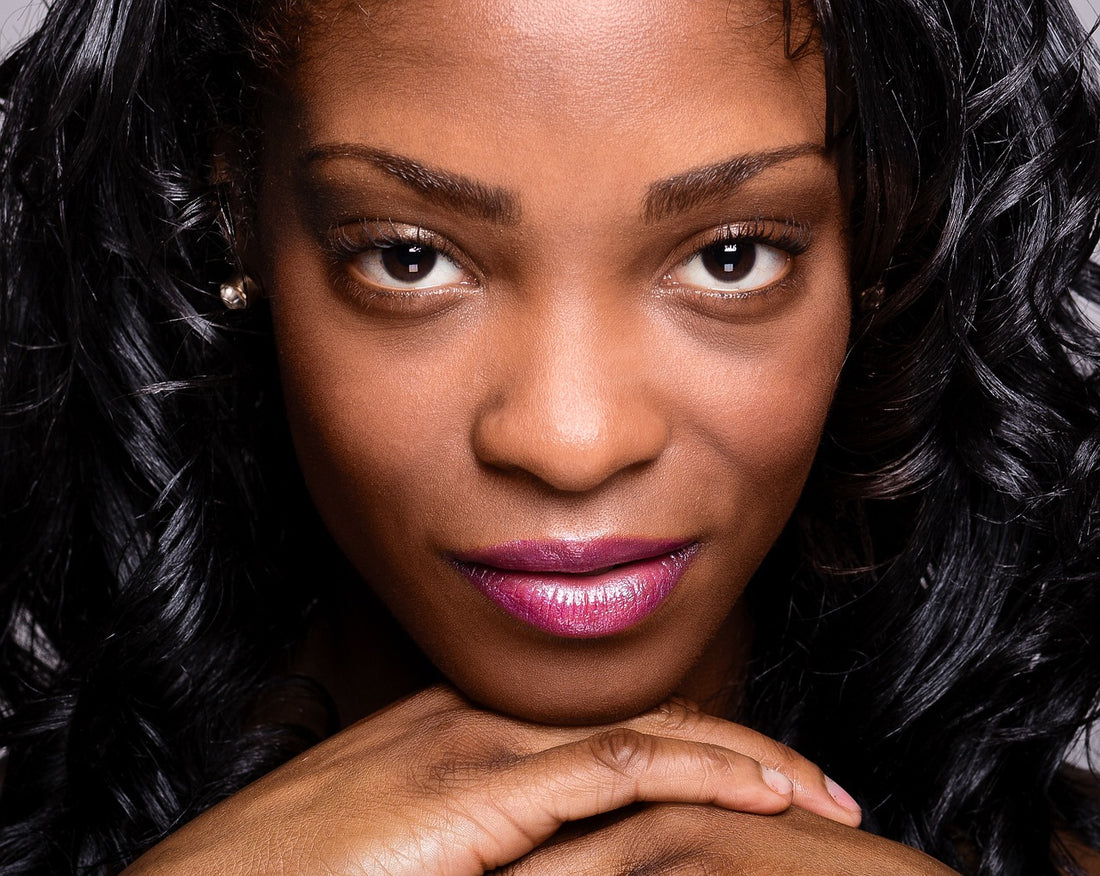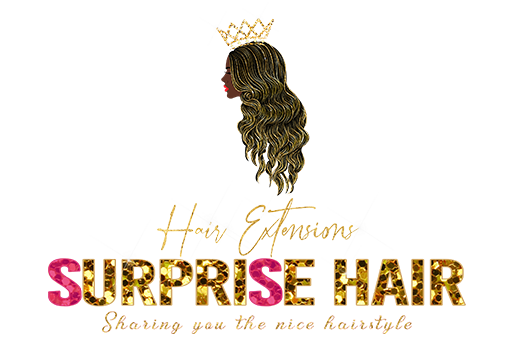
Buy Virgin Hair: What You Need Know Before Buying Virgin Hair ?
Share
With literally hundreds of hair extensions companies on the market, claiming to offer virgin hair. It can be hard to decide who to trust through the internet gaining access to hair suppliers for the start-up. Hair companies have become easier than ever. The hair extensions game is now a whole new world. Terms like “Remy” “temple hair”
“cuticles” and “virgin” are now commonplace across the board. Even when companies are using them improperly. I know I'm not the only one who feels like when I shop for hair. I need a hair weave dictionary!
Well, we're here to help. we're going to show, What you should know before buying virgin hair to help you to determine the best virgin hair companies.
The true definition of Virgin Hair
But first, we need to discuss the true definition of Virgin Hair. According to our standards: Virgin hair is defined as a human hair that has never been chemically or mechanically manipulated. Examples of chemical manipulation are hair relaxers, perms, dyes, including natural dyes, etc. examples of mechanical manipulation are curling, irons, flat, irons, hairdryers, baking hair, boiling hair, etc. Now that we're on the same page as to
What is virgin hair
1. What are the four critical stages that determine the quality of virgin hair extensions?
Before you fork over your cash any company that you approach should be prepared to answer: collection, blending, fabrication and Sanitization.
Collection: How raw ponytails are obtained from donors.
Blending: how those ponytails are matched to create wefts.
Fabrication: The process by which weft is sewn.
Sanitization: The processes by which impurities are removed.
2. Which of the four critical stages is mentioned in question 1 does your company perform?
The best hair companies will control every aspect of their extensions, from collection through sanitization, under one roof.
3. How do you ensure hair quality?
For the stages that are outsourced, what's your process to ensure quality? If the company holds monthly site visits coupled with personal product verification prior to blending. you're the pretty good shape. other answers in order of desirability are: our quarterly site verification hires to sanitization. one time site tour coupled with
virtual product verification prior to shipping.No site authentication. No product verification. But remember the best virgin hair companies are able to ensure the quality of the final product by collecting, blending, fabricating and sanitizing their wefts in-house.
4. How was your hair source?
In order for a company to claim that their hair is virgin. they have to know how it's collected. Any company willing to accept your money for virgin hair should also be willing and able to divulge the method by which their offerings are obtained. here are four possible answers to this question which do you think is the best.
A: We have our own trained team of collectors. They are only authorized to cut & purchase hair directly from the
donor.
B: We pay independent contractors to collect hair by the kilo.
C: We are licensed and have direct access to the temple auction in China.
D:We purchase hair from China supplier.
5. How was this hair pattern created?
Here are the three most frequent answers in order from most
desirable at least desirable:
A: The pattern has not been manipulated( virgin)
B: Hair was created using steam or boiling water(not virgin)
C: Pattern was created using a relaxer or perm (not virgin)
6. How would you describe the hair cuticle?
The cuticle is the outermost part of the hair shaft. It is a hard shingle-like a layer of overlapping cells. It acts as a protective barrier for the softer inner structure including the medulla and the Cortex. The cuticle is responsible for much of the mechanical strength of the hair fibres. Also represents the structure that holds the water content of the fiber. Much of the shine that makes healthy hair so attracted and beautiful is due to the cuticle. Unacceptable, answers to this question are the hair is Remy.
7. How were nits removed?
There are three ways to remove nits from the hair. Most often suppliers will use insecticides. then wash the hair or they'll use adhesive dissolvent. but both present challenges. Have you ever experienced severe or persistent itching after installing your hair extensions? Or have you ever had an allergic reaction insecticide? We're the
most likely culprit. On the other hand, the solvents caused damage to the hair cuticle. The best method for removing myths is manual. with no chemicals involved. So, ladies! what do you think? I hope that now that you know the seven questions to ask you're more empowered than ever to purchase the best quality virgin hair
extensions on the market.
